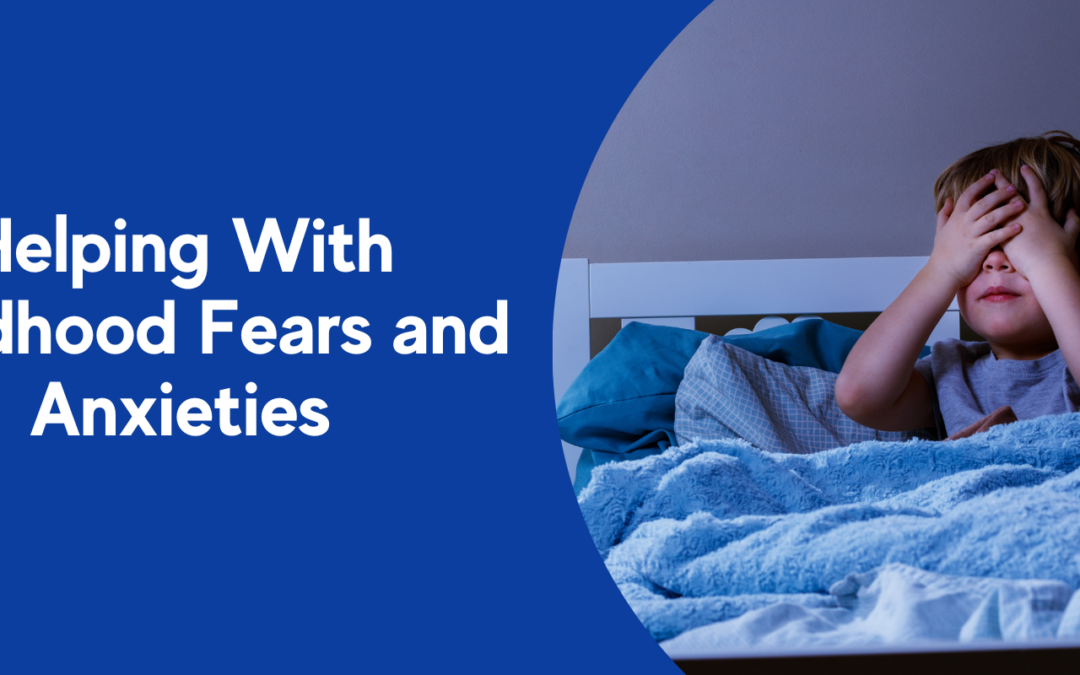We all encounter situations that cause us to feel afraid or anxious. As children are exposed to new experiences, and as they gain a better understanding of themselves and the world, they will no doubt experience fearful and anxious moments.
Fear and anxiety are closely related, but usually fear refers to concern about something immediate, whether real or imagined. Anxiety, on the other hand, is a state of worrying about what may happen at some future point. Sometimes they are felt separately, sometimes together.
These feelings do serve a purpose. Without fear, we could place ourselves in danger. A certain degree of anxiety keeps our minds and bodies alert. Your child will develop and overcome many different fears as she grows.
Your baby may be fearful or anxious when he is away from you. He doesn’t yet understand that you still exist even though he can’t see you, or that you can go away and then come back. He misses the comfort and security of having you near.
Your toddler might feel uncomfortable or unsafe in new surroundings or with people she does not know. She may start to fear loud noises or certain animals or insects. As your preschooler’s imagination blossoms, he may develop fears that are very real to him. He may believe there are monsters or ghosts lurking and therefore fear being alone or in the dark.
Your school aged child may be thinking about potential situations that could arise. Being embarrassed, not fitting in, or not being successful in a particular endeavor can cause anxiety. Constant exposure to media can leave your child worried about potential disasters or traumatic events.
At any age, respecting your child’s feelings is one of the most important ways you can help. Do not tease, shame or ignore the fear. Even if the fear appears to be insignificant, this is a very real concern to your child.
Encourage your child to talk about what scares or worries her, and help her come up with some solutions of her own. Help him practice some form of relaxation technique. Slow, steady breathing or repeating to himself, “I can do this”, can help him calm down when he feels panic rising.
Approach the fear gently and gradually. Forcing a child into something she is not ready to do can make matters worse. On the other hand, avoiding what scares her will only reinforce that this is indeed something that should be feared. Support him as he takes steps to conquer his fear. Let him know that you understand, that you believe in him, and that you are here for him. This helps him develop the confidence to overcome this fear and be prepared to face the next challenge that comes his way.

